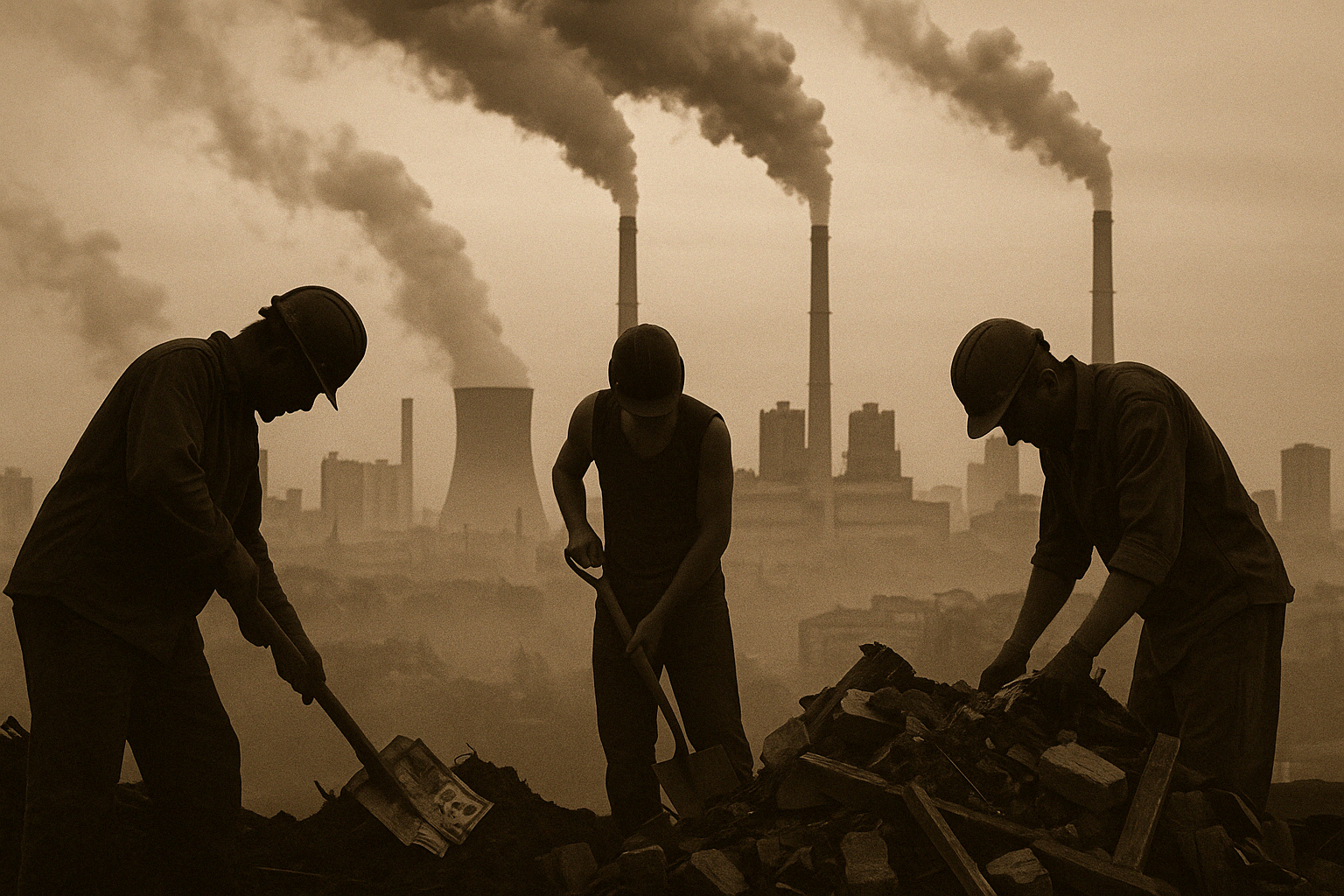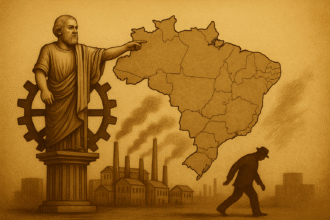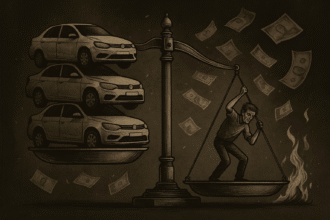Every time unemployment rises, the state grows with it. The irony is cruel: the worse the economy, the more the government is present. Suddenly, aid plans, subsidies, emergency loans, stimulus programs appear — all presented as solutions, but in reality, they are responses to problems created by the government itself.
The modern state has learned to feed on crises. It not only manages difficulties: he provokes them and then offers himself as the only way out.
Interventionist policies, stifling taxation, suffocating bureaucracy, legal uncertainty, rigid labor laws — all of these create fertile ground for economic stagnation. And when the market can no longer absorb labor, the State presents itself as an employer, distributor of income and manager of “social solutions.”
The result? Dependent populations, a stagnant economy, and a political system that transforms economic failure into electoral capital.
Unemployment, in this scenario, it's not an accident. It is a symptom of the model that concentrates power in the hands of those who produce the least. And that is precisely why reforms are never profound, solutions are never lasting, and adjustments never involve cutting state privileges.
Meanwhile, millions of Brazilians are forced to accept informal jobs, underemployment or welfare grants — all under the guise of “social inclusion.” But there is no real inclusion where there is no economic freedom. And there is no freedom where everything depends on the favor of some politician.
Instead of freeing up the market to generate real jobs, the government creates dependency. Instead of simplifying, it complicates. Instead of trusting the citizen, it tries to control him. And unemployment is treated as a permanent problem — which, for the State, is a blessing: an economically weak population is politically manageable.
It's time to say what no one wants to admit: unemployment is functional for a State that wants to appear necessary.
And as long as it is treated as an inevitable consequence of government intervention, we will remain trapped in the cycle of planned scarcity.





